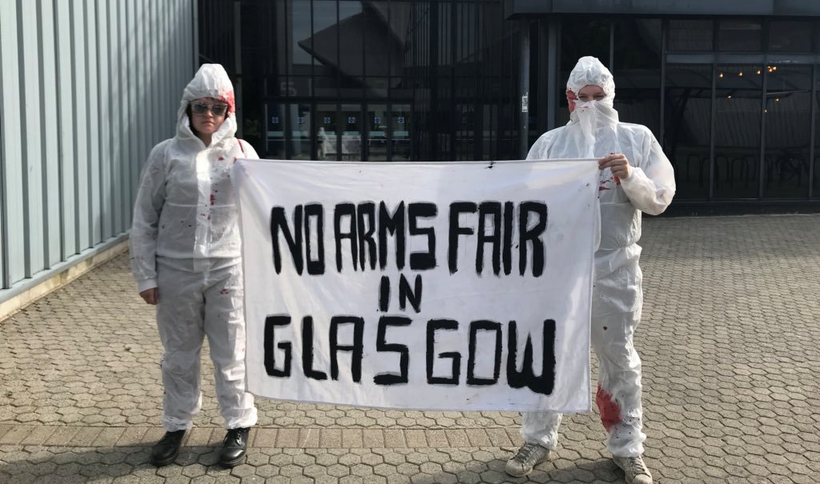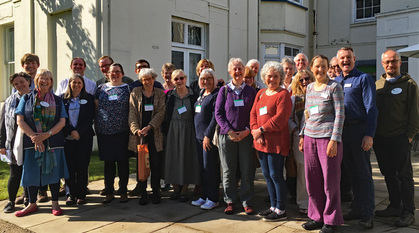Local government: why it matters
Mairi Campbell-Jack outlines why working through local councils can enact real change in the community.

It often seems as if national politics is all that matters. With headlines dominated by national and international issues, it's easy to forget how much change actually happens at the local level.
Local government, or local authorities, can often be overlooked or neglected when it comes to planning campaigning and advocacy. While headline policy decisions are usually made at national or international level, it is often local government who will be implementing these decisions and making sure they happen on the ground.
Missing local government out of campaigning means that opportunities to influence can be missed. And because local authorities cover smaller areas, it is often easier to contact your councillors or find the appropriate staff member to speak to about an issue.
No one will be able to reach and know local government, and the issues it faces, like those who live in the area. That's why we recently released a guide for engaging with local government (PDF).
Working with local government
The guide embraces three nation working, and explains the differing (and sometimes a little confusing) structures in Scotland, Wales and England. It breaks down the kind of issues that Quakers may have concerns on that can be effectively championed at a local level. This can cover peace education, housing and homelessness, environmental issues, and services that encourage healthy and peaceful communities such as green spaces, libraries, recreational areas and community building.
As the Parliamentary Engagement Officer for Scottish Advocacy I mainly work at a national level, but local campaigning can sometimes also lead to national action.
When South Lanarkshire Common Weal uncovered links between local authorities and their investment in the arms trade, I was able to use this to draft two letters for Friends to use to write to their local councils about this matter.
When it was discovered that Glasgow Life, an arm's length body of Glasgow City Council, was hosting an arms fair, the only one ever held in Scotland, there was coverage in national media and a surge of protests from across Scotland. Quakers in Glasgow and from the surrounding areas participated in protests and wrote to their local councillors.
While the arms fair went ahead (albeit with a vocal protest outside the building), Glasgow City Council went on to adopt a more ethical events policy which no longer seeks to attract 'defence' to Glasgow for conferences. A success for the many different groups and individuals involved in lobbying local government.
Sharing our stories
Whether you're just starting out or are a seasoned local campaigner, I hope this guide proves useful in engaging with local government. It is by no means an exhaustive list, and you may have your own examples of good practice in this area. Feel free to share examples of working for change at a local level on the Our Stories section of the website.
With over fourteen years' experience of working in politics I know that often success can come from finding new angles to approach issues. We are living through a time of unprecedented political change and the UK parliament appears locked in division. Now may be the moment to shine a stronger spotlight on local lobbying and activism.

